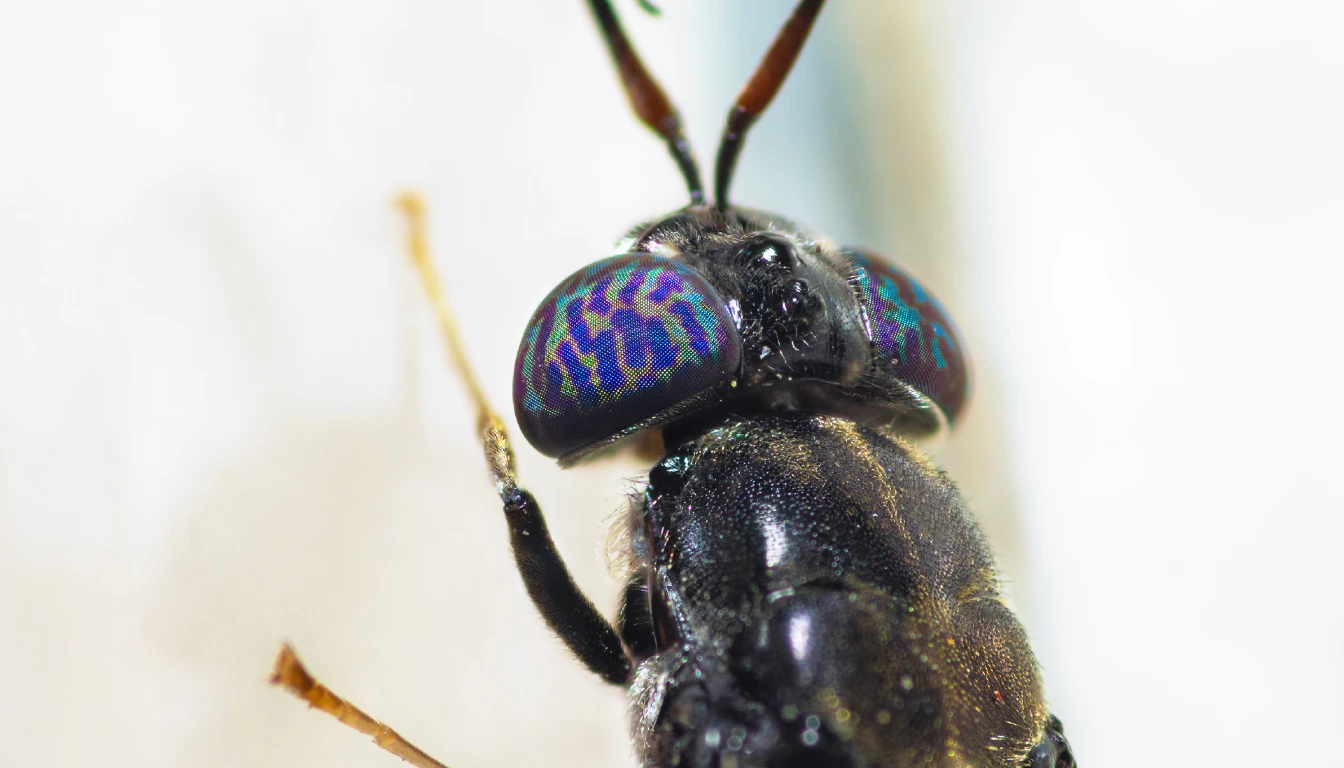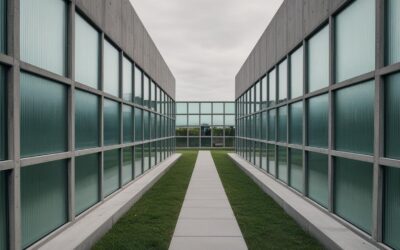Volare secures €26 million to build its first industrial-scale insect protein factory, promising sustainable waste upcycling, reduced emissions, and a major boost to Europe’s food resilience through innovative use of black soldier flies and energy-efficient processes.
Finnish biotech company Volare has successfully secured €26 million in funding to establish its first industrial-scale protein production facility, designated Volare 01. This significant injection of capital aims to bolster the company’s innovative approach of transforming food industry byproducts into sustainable insect protein, oil, and fertilisers, materials that are increasingly vital for enhancing the resilience of Europe’s food supply.
Fundamentally, Volare harnesses the potential of the black soldier fly (Hermetia illucens), a species known for its remarkable ability to convert organic waste into high-value resources. This unique process positions Volare as a pioneer in upcycling, as it addresses significant waste management challenges while contributing to a circular economy. By processing food waste that would otherwise be incinerated, Volare not only reduces emissions associated with waste disposal but also generates premium products. The company’s focus on sustainability reflects a broader trend in the food production sector, which is gradually moving away from environmentally intensive ingredients such as fishmeal and soy.
Volare’s protein offerings have already found applications in aquafeed, pet food, and poultry feed, illustrating the viability of insect-derived products in traditional markets. The company has secured a long-term offtake agreement with Skretting, a global leader in aquafeed, which ensures ongoing demand as production ramps up. Volare is currently piloting projects involving insect-fed rainbow trout in collaboration with partners like Alltech Fennoaqua, showcasing the immediate applicability of its products in real-world scenarios.
The proposed Volare 01 facility, set to begin construction in 2025, is expected to produce an impressive amount of protein—equivalent to the yield of 200 million Baltic herrings annually, which represents about 18% of Finland’s total commercial fish catch in protein terms. This scale of production not only aims to satisfy local demand but also to provide a sustainable alternative for Norwegian producers who currently rely on imported fishmeal. Significant technological advancements contribute to Volare’s operational efficiency; the facility will feature processes that reduce energy consumption by 30% and hygienisation energy use by 50%, establishing it as one of the most energy-efficient protein production platforms available today.
The funding round, which includes a blend of equity, mezzanine, and senior loans alongside public investment from various financial institutions, reflects a growing recognition of sustainable food production practices. According to Tuure Parviainen, Chief Science Officer and co-founder of Volare, the company embodies a vision for a radically efficient way to produce protein. He elaborated that embracing a zero-waste, fossil-free methodology is central to their mission to strengthen Europe’s food resilience, an increasingly crucial objective amidst ongoing global challenges.
In a broader context, the global market for insect protein is witnessing rapid growth, with projections estimating its value could reach €6 billion by 2027. This expansion is driven by a rising recognition of the need for sustainable animal feed alternatives, paired with increasing environmental pressures on traditional protein sources.
As Volare gears up for its next phase, its ambitious goals not only aim at transforming food industry byproducts into high-quality protein but also at positioning the company as a leader in the sustainable protein revolution that is gaining momentum worldwide. The forthcoming facility in Järvenpää, Finland, is not just a local initiative but a hopeful signal of the potential for insect-based protein to reshape agricultural practices across Europe.




